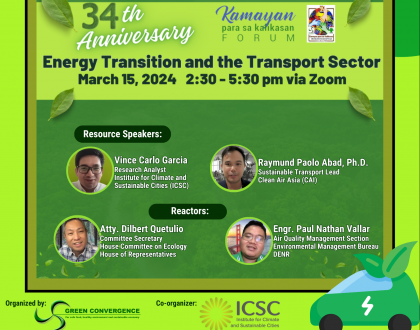Community-based Renewable Energy Systems (CBRES) Model
Community-based Renewable Energy Systems (CBRES) is a model for renewable energy development that has been promoted by SIBAT since 1995. It provides need- based energy, and in the rural context of the country, these are household and community lighting, community services, livelihood, and non-power needs. It can provide reliable, affordable and adequate energy access to communities. Aside from SIBAT’s CBRES, there are 61 community-based renewable energy micro hydro power systems in the Cordillera Administrative Region.
A CBRES is managed by the community. The organization formulates the policies that govern tariff payments, utilization, technical and financial management, protection of the watershed with local support from LGU, provincial agencies, local parish. The CBRES is said to be ecological because micro hydro can help reduce emission by 4 tons carbon dioxide per kilowatt per year when operating for 24 hours per day and it requires the conservation of watershed catchment.
The Community-based Micro hydro Power (MHP) in Kili, Tubo, Abra is an example of CBRES. It supplies power to an off-grid upland community of Maeng Tribe in Cordillera Administrative Region, a community that lives on terraced rice farming. The 16-killowatt MHP was built in 2010 and serves 60 households by tapping the headwaters of Desay
Falls. The CBRES organization leads in the development of policies on tariff, usage, maintenance and care of the system.
Recommended Posts

Energy Transition and the Transport Sector
March 15, 2024

As Farmers See It: Challenges in Agriculture
February 16, 2024

